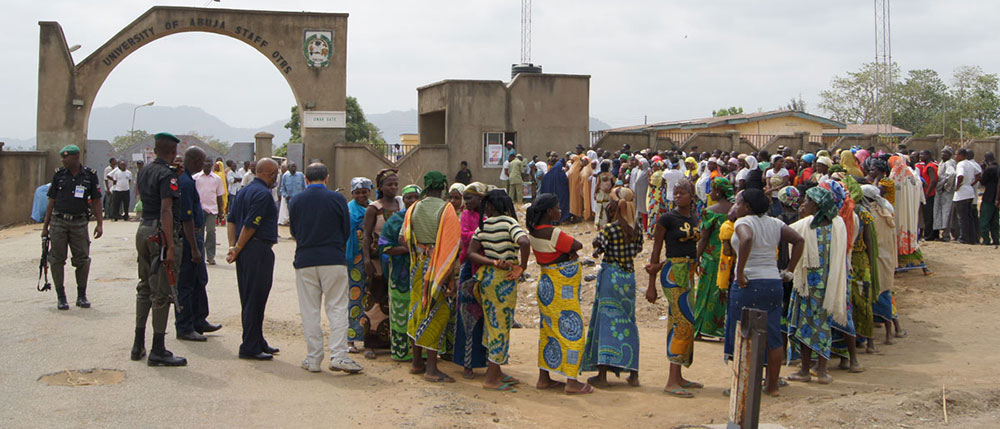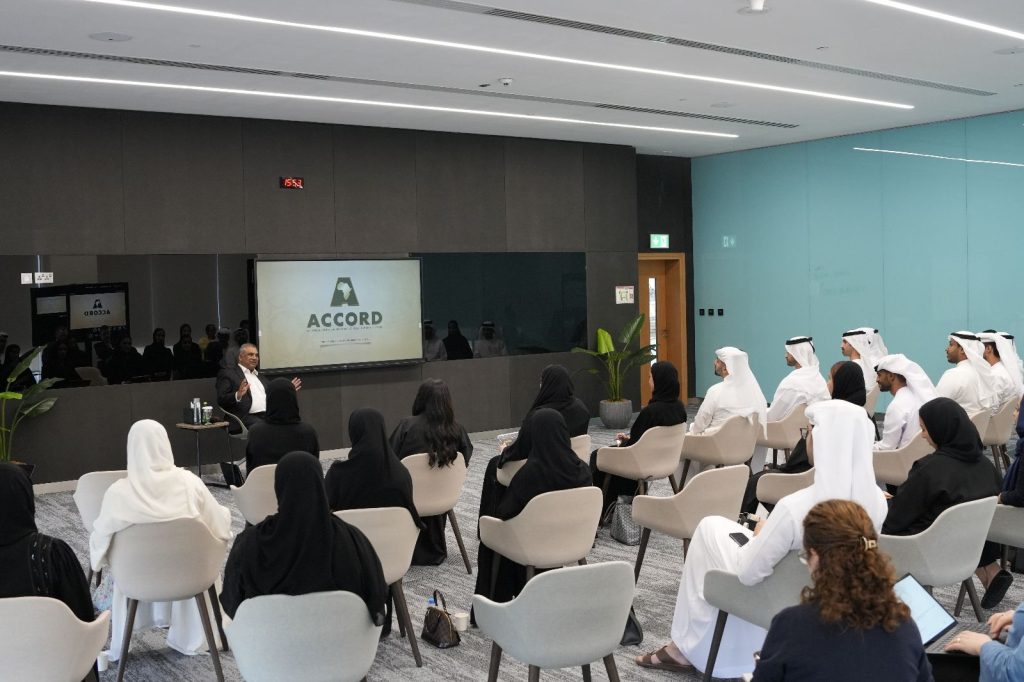The African Centre for the Constructive Resolution of Disputes (ACCORD) has published a Policy & Practice Brief (PPB) on the upcoming election in Nigeria. Co-authored by J. Shola Omotola, a Senior Lecturer in political science and public administration at Redeemer’s University, Ogun State, Nigeria, and Charles Nyuykonge, a Senior Researcher in the Knowledge Production Department at ACCORD, the PPB is entitled ‘Nigeria’s 2015 general election: Challenges and opportunities’.
Its development was motivated by the fact that despite advances in preparing for the polls, there are notable challenges in Nigeria which could negatively affect the election and call into question both the fairness of the process and its results, if no urgent steps are taken to address them. The authors raise concerns that, in the absence of concerted efforts to rectify identified issues, Nigeria’s election could lead to the ruining of the country’s democracy, impacting on the peace and stability of the West African region, and the continent as a whole.
Omotola and Nyuykonge analyse Nigeria’s readiness for the balloting. They draw attention to challenges affecting planning, and highlight opportunities that can be harnessed to ensure a free and fair election that will come up with a result that is nationally accepted. They highlight Nigeria’s dominance in and centrality to the maintenance of peace and security in West Africa, emphasising that significant violence or conflict as a result of the election in that country will impact the region, and continent.
Nigeria has lately been plagued by a number of challenges to its peace and security, including violence perpetrated by the extremist group Boko Haram which has threatened to disrupt the election; and lack of preparedness on the part of the Independent National Electoral Commission (INEC) to hold a credible vote, leading to the postponement of the election, originally scheduled for 14 February, by six weeks. Nigerians will now exercise their constitutional right to vote on Saturday, 28 March 2015.
ACCORD’s PPBs aim to provide succinct, rigorous and accessible information and recommendations on topical issues and to stimulate informed and relevant debate to promote dialogue as a way to peacefully resolve conflict.
If you would like to write for ACCORD, request physical copies or receive e-mail alerts of any ACCORD publications please send an e-mail to publications@accord.org.za.







